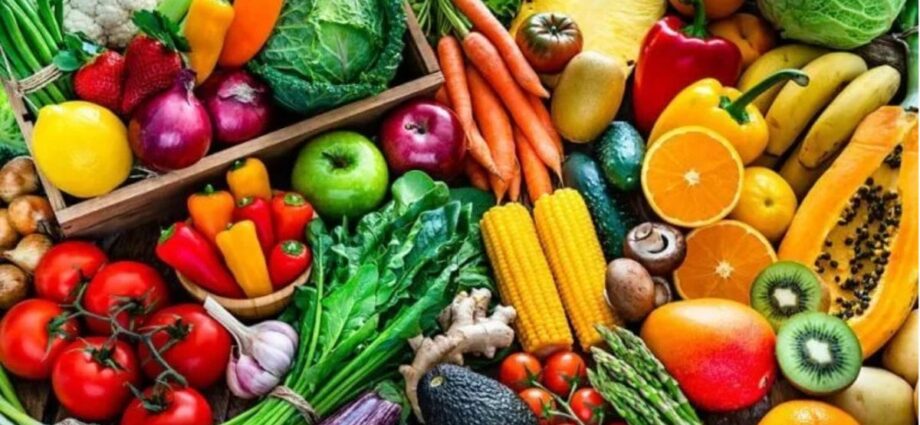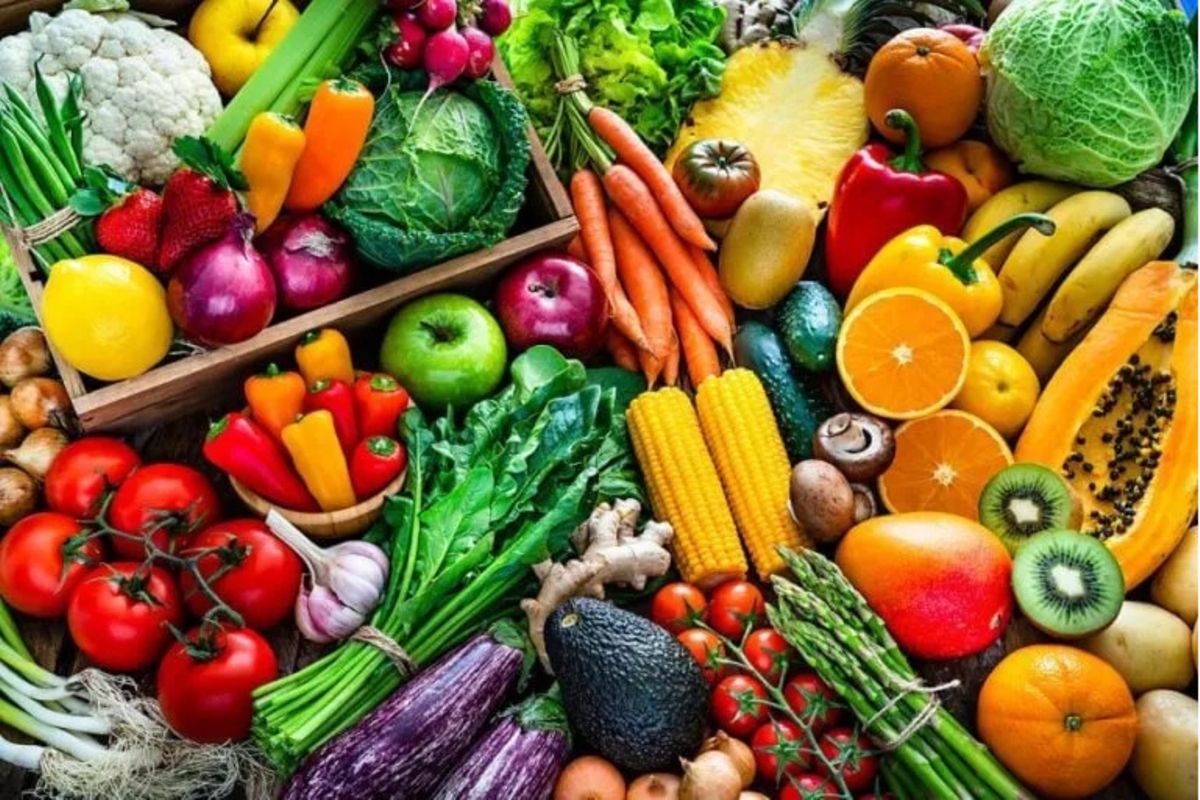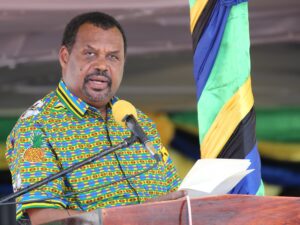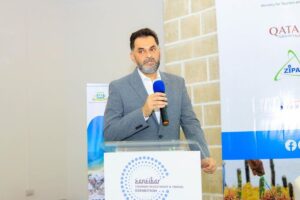Arusha. Better days for the multi-million-dollar horticultural industry are in the offing, thanks to the latest strategic partnership between international and local organisations.
Yesterday, TradeMark Africa (TMA) and the Tanzania Horticultural Association (TAHA) sealed an ambitious grant agreement to initiate Phase II of the jointly run project.
The primary aim is to enhance access to regional and international markets for Tanzania’s fresh produce.
The three-year partnership, backed by a $2.1 million (Sh5.4 billion) grant from the Foreign, Commonwealth & Development Office (FCDO), Norway, and Ireland-Funded TMA, also focuses on fostering sustainable trade practices and empowering local farmers in the horticultural industry.
Details show that the ambitious project will upscale the production volume of strategic horticultural value chains destined for regional and overseas markets from 50,000 tonnes worth $18.3 million to 89,754 tonnes, with a potential for fetching $30.6 million per annum.
Furthermore, the scheme will directly benefit an expanded cohort of horticultural growers nationwide, benefiting 55,708 individuals, a significant increase from the current 27,854 farmers.
Notably, this group comprises predominantly women and youth who are actively engaged in cultivating strategic horticultural crops destined for export markets.
Tanzania, known for its vibrant agriculture, has been a key player in the horticultural arena, exporting flowers, vegetables, spices, herbs and fruits like mangoes and avocados.
However, despite the sub-sector’s potential, challenges such as inadequate market access, limited logistical support, and the impacts of climate change have been hampering its growth and profitability.
This financial injection by TMA is set to change this narrative by partnering with the Taha, an influential body that has been at the forefront of promoting and advocating for the interests of farmers engaged in horticulture.
“Our goal is to transform Tanzania’s horticulture into a sustainable, profitable subsector by addressing the systemic barriers that have held it back,” stated TradeMark Africa’s Regional Director for East and Central Africa, Ms Monica Hangi, during the grant signing ceremony in Arusha.
Indeed, TMA and Taha’s strategy for tackling these challenges entails establishing direct connections between farmers and buyers and harnessing digital innovations to enhance market accessibility.
Additionally, they plan to deepen market understanding through comprehensive training initiatives, tackle environmental and climate-related obstacles, and uphold compliance with stringent international standards such as Global G.A.P. and the British Retail Consortium Global Standards.
“Our commitment through this substantial grant is to upscale production, increase export volumes, and, consequently, job opportunities, thereby reinforcing Tanzania’s standing in the global horticultural market,” she said.
As to why Taha has been a partner of choice, Ms Hangi said that the organisation was one of the best implementing partners for TMA projects, craving for its delivery competence to be replicated across Africa.
On his part, Taha’s Chief Development Manager, Mr Anthony Chamanga, said the grant marks a significant milestone in their ongoing efforts to enhance the global competitiveness of Tanzania’s horticultural products.
“With TMA’s support, we are poised to implement robust strategies that will lead to sustainable growth and substantial economic benefits for our local communities,” Mr Chamanga noted.
By partnering with both public and private stakeholders, along with development partners, he said, this project will not only advance the horticultural sub-sector within the Sagcot and Northern growth corridors but also accelerate the industry’s export growth, currently at around five percent.
“Horticulture, which currently contributes $425.4 million to the economy, has demonstrated remarkable resilience amidst the aftermath of the devastating Covid-19 pandemic. After the pandemic, this sector has emerged as one of the fastest-growing industries within Tanzania’s agricultural landscape, boasting an impressive annual growth rate ranging from 9 percent to 12 percent. These insights were shared by Mr Chamanga.
He added: “This industry injects substantial foreign exchange into the economy through exports of vegetables, fruits, flowers, and spices. TMA’s support provides catalytic opportunities for creating jobs and opening new markets for local farmers.”
Research conducted by various local universities and international organisations like the World Bank highlights the subsector’s role in improving the livelihoods of rural populations in Tanzania.
These studies reveal that advancements in agricultural practices and technology have led to higher productivity, better crop quality, and increased farmer incomes.
TradeMark Africa Tanzania Country Director, Mr Elibariki Shammy, said that phase two builds on the successes of the first phase, which saw substantial market linkages and certification achievements for local farmers, contributing significantly to economic growth.
“Phase one of the project, which ran from January 2019 to June 2023, yielded tangible results, with 27,854 farmers (35 percent women, 65 percent men, and 40 percent youth) linked to markets and approximately 50,000 tonnes of horticultural products worth roughly Sh42.7 billion ($18.3 million) sold,” Mr Shammy noted.
He said that several farmer groups and horticultural packhouses have been trained and certified under international standards, paving the way for the project’s second phase.
“The potential of Tanzania’s horticultural subsector to further influence economic development is immense. With strategic collaborations and supportive policies, the sector could enhance its productivity and sustainability, contributing even more substantially to the national economy,” Mr Shammy explained.
He added; “The government’s role in facilitating a conducive environment for growth, coupled with stakeholders’ commitment to innovation and quality, will determine the future trajectory of this thriving sector.”















